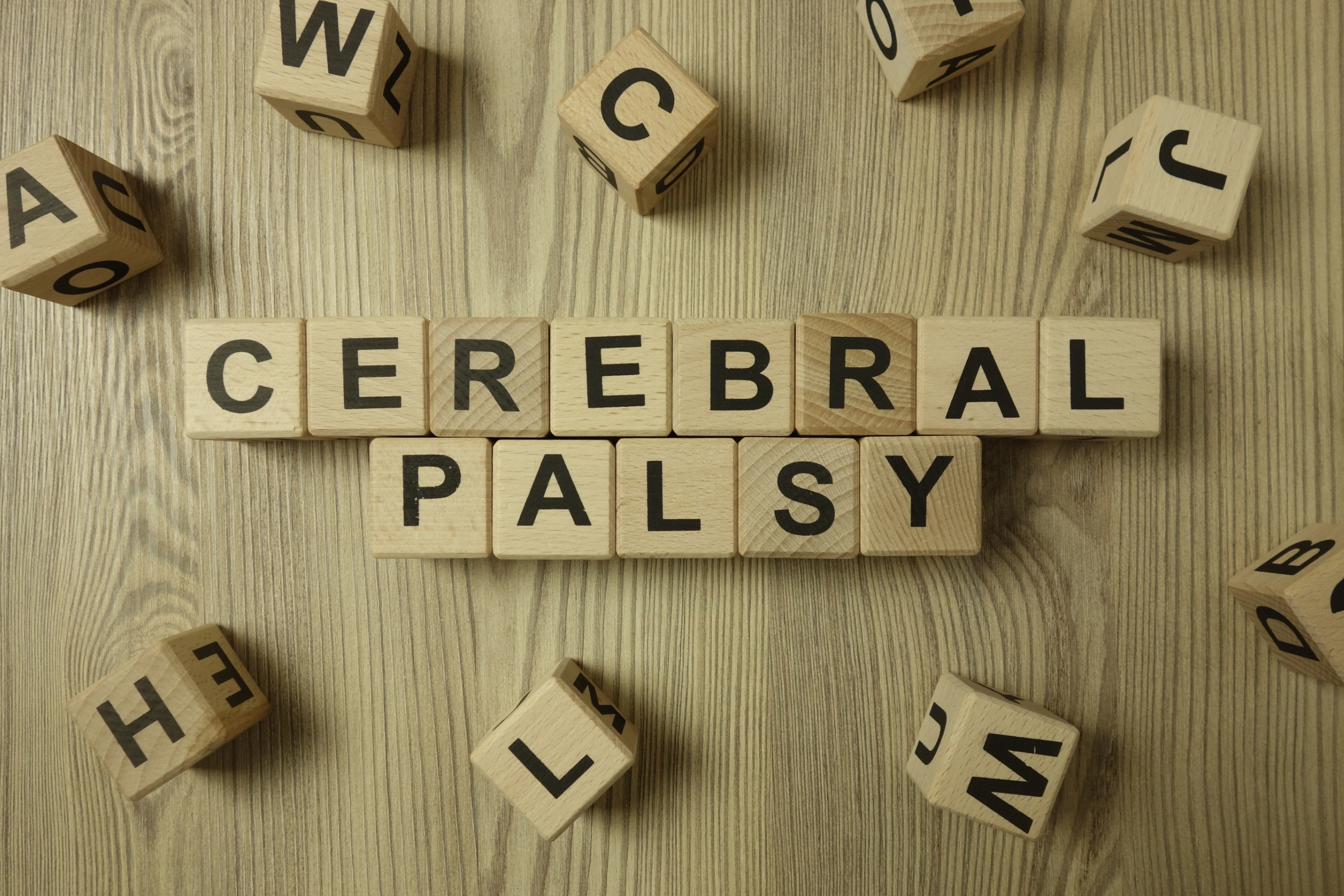
Free Consultation(203) 447-0000

Free Consultation(203) 447-0000

A cerebral palsy is a group of movement disorders that can begin early in childhood and impact the rest of a child’s life. As a parent, learning that your child has been diagnosed with cerebral palsy can be devastating, and your child’s diagnosis could very well have life-altering effects for your entire family. In addition to the physical and psychological impacts for your child, a cerebral palsy diagnosis can present an enormous financial burden as well. The lifetime costs of treatment for cerebral palsy can easily exceed $1 million, and this does not account for the loss of income you, your spouse or partner, and your child will endure as a result of your child’s diagnosis.
With all of this in mind, for parents whose children have been diagnosed with cerebral palsy, it is important to consult with an attorney about filing a claim to recover financial compensation. While cerebral palsy can result from natural factors, it can also result from medical negligence during pregnancy, labor, delivery, and/or neonatal care. In fact, malpractice is widely considered to be among the leading causes of cerebral palsy in the United States. If your family’s doctor (or other healthcare providers) made a mistake that led to your child’s condition, your family may be entitled to a significant financial recovery, and you will need to work with an experienced malpractice attorney to collect the compensation your family deserves.
In order to determine whether your family is eligible to seek financial compensation for your child’s cerebral palsy diagnosis (and, if so, how much), there are several questions that you and your attorney will need to answer. Here are five key questions for determining your family’s legal rights following a cerebral palsy diagnosis in Connecticut:
First and foremost, it will be necessary to determine whether your child’s cerebral palsy diagnosis is the result of malpractice. There are numerous medical errors that can cause damage to a fetus’s or infant’s brain and cause the neurological disruptions that are characteristic of cerebral palsy. Some examples of medical mistakes that can cause cerebral palsy include:
In order to determine whether your child’s condition is the result of a medical mistake, your attorney will need to review the medical records from your pregnancy and childbirth in detail. Your attorney may also need to speak with your child’s current doctor in order to gain a clear understanding of the likely cause and extent of your child’s condition. With so many potential factors, narrowing down the specific cause of your child’s cerebral palsy can be challenging. However, this is a crucial first step in the process of seeking a financial recovery, and it is essential to work with an attorney who has significant experience handling malpractice cases involving cerebral palsy diagnoses.
There are many different types of cerebral palsy, some of which are far more devastating than others. With very limited exceptions, families’ ability to secure financial awards for malpractice is based upon the costs (both financial and non-financial) of their children’s conditions. In a malpractice case, an award of “compensation” is intended to make the victim (or in cerebral palsy cases, the victim’s family) whole – as if the malpractice had never occurred.
Of course, with a permanent condition such as cerebral palsy, this is not really possible. No amount of money can substitute for your child’s health. But, nonetheless, your family’s compensation award will be based upon the extent of its losses, and this will be greatly dependent upon the severity of your child’s condition.

In addition to understanding the severity of your child’s condition, it will be necessary to understand the severity of the impacts of your child’s condition on his or her life as well. This includes answering (to the extent possible) questions such as:
In many cases, it will not be possible to answer these questions with absolute certainty – and that is okay. When developing your family’s claim, your attorney will work with your child’s doctor and other medical experts, as necessary, in order to gain a complete picture of what your family can reasonably expect in the future. Then, with this information in hand, your attorney can calculate “just compensation” for the non-financial costs of your child’s diagnosis and pursue an appropriate claim on your family’s behalf.
With a clear understanding of the severity of your child’s cerebral palsy and the impacts of your child’s condition on his or her life, your attorney can also calculate your family’s long-term financial needs.
As noted above, the lifetime costs of treatment for cerebral palsy can be substantial. However, in order to seek just compensation for your family, your attorney will need to be able to paint a clear picture of your child’s specific needs. The costs of treatment for cerebral palsy can vary based on the severity of the child’s condition, the family’s geographic location, and numerous other factors. Your attorney will need to take all of these factors into account in order to determine how much your family is entitled to recover.
Finally, it will be necessary to consider your child’s prognosis. This is a factor in various aspects of recovering financial compensation as discussed above, but it is worthy of independent consideration as well. There is no known cure for cerebral palsy, and cerebral palsy is not considered to be a degenerative condition. However, children’s conditions can still improve or worsen over time, and knowing what your family can expect in the years to come is crucial to determining the financial and non-financial costs your family is likely to incur.
When seeking financial compensation for cerebral palsy resulting from malpractice, there are two broad categories of compensation that are available under Connecticut law. In certain limited circumstances, families can seek to recover punitive damages as well.
The first category of compensation covers the financial costs of your child’s cerebral palsy diagnosis. This includes costs related to your child’s initial treatment and diagnosis as well as all other costs your family is reasonably likely to incur in the future. Compensation for financial costs in cases involving cerebral palsy caused by malpractice include:
In addition to these financial costs, Connecticut law allows families to recover compensation for the non-financial costs of children’s cerebral palsy diagnoses as well. These “general damages” include costs such as:
Unlike out-of-pocket costs and loss of income, there is no objective measure of the non-financial costs of a child’s cerebral palsy diagnosis. Instead, calculating an appropriate general damages award requires an in-depth assessment of the consequences of the child’s diagnosis and the struggles he or she is likely to experience for the rest of his or her life.
In very limited circumstances, families in Connecticut can seek punitive damages in addition to recovering just compensation for their financial and non-financial losses. In order to seek punitive damages in a malpractice case under Connecticut law, it is necessary to show that the doctor’s (or other healthcare provider’s) act or omission was so egregious that an award of punitive damages is warranted in order to deter similar failures in the future. When assessing your family’s legal rights, your attorney will decide whether a claim for punitive damages is appropriate; and, if it is, your attorney will build a compelling case for securing an award in excess of your family’s losses.
If your child has been diagnosed with cerebral palsy, we strongly recommend that you speak with an attorney about your family’s legal rights. At Berkowitz Hanna, we provide complimentary consultations, and one of our attorneys will be happy to speak with you one-on-one. To find out if your family is entitled to financial recovery, call us directly or tell us how you would like to be contacted and a member of our firm will be in touch shortly.
Berkowitz Hanna
